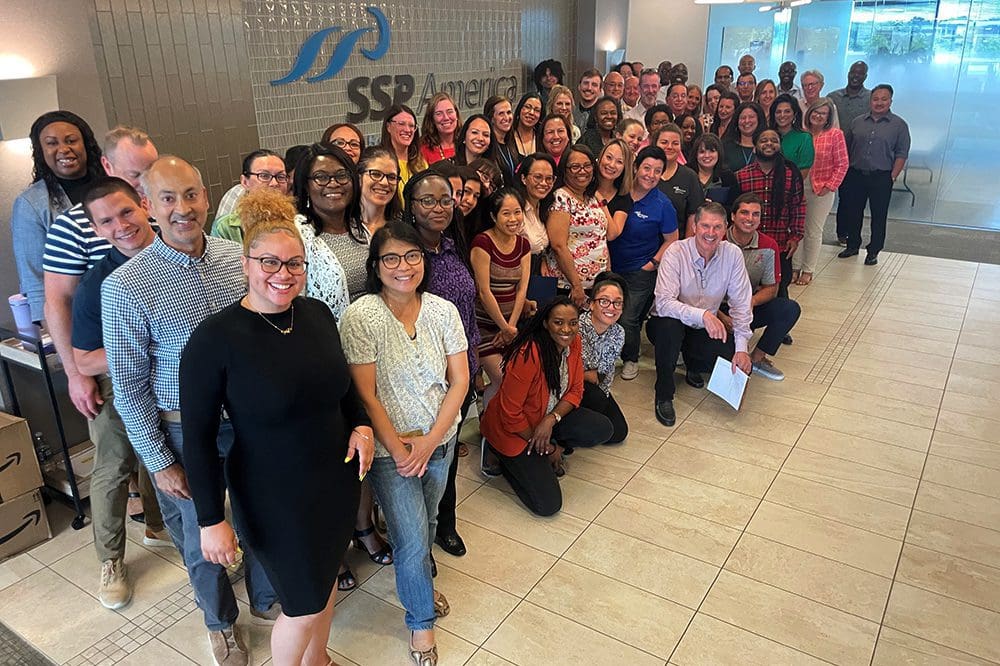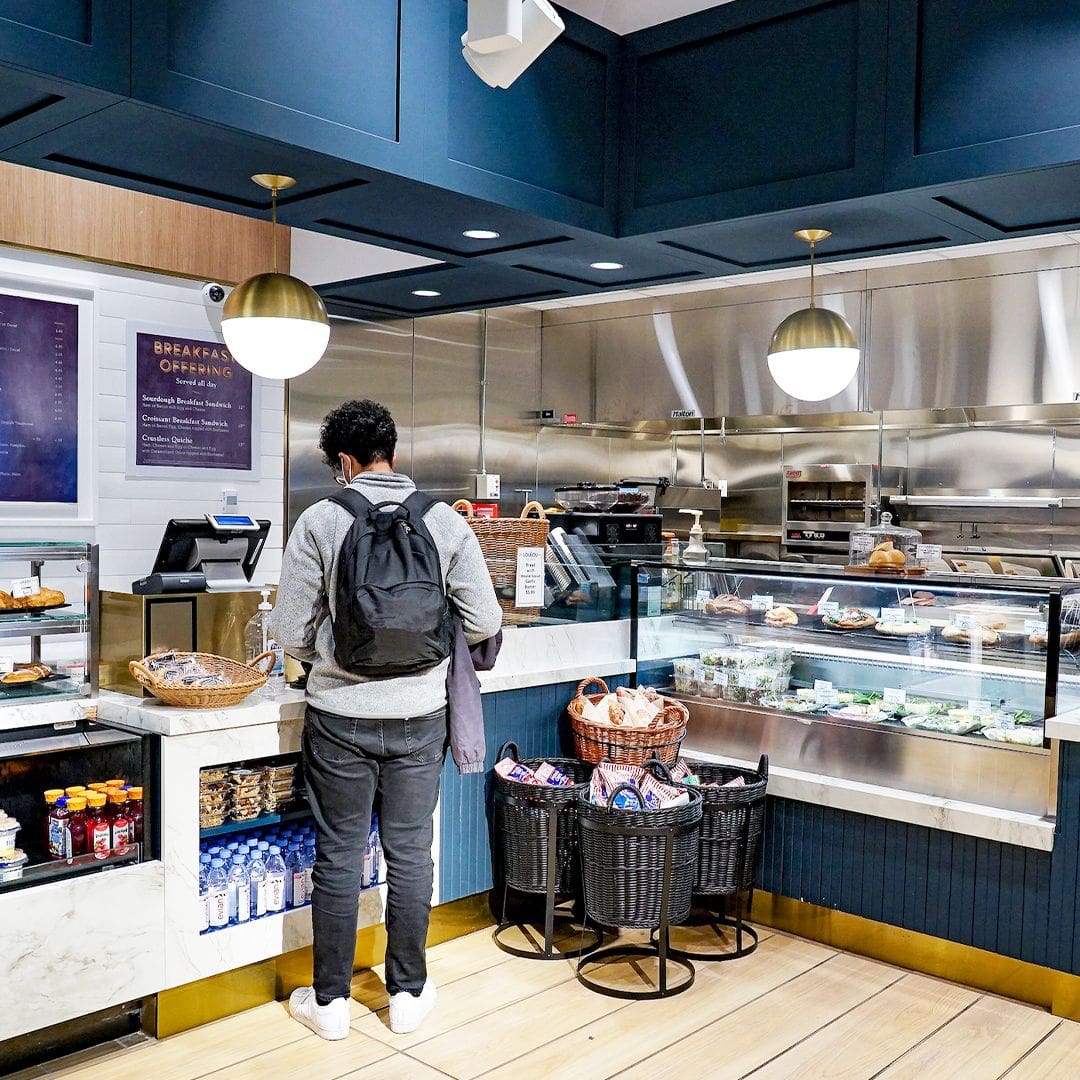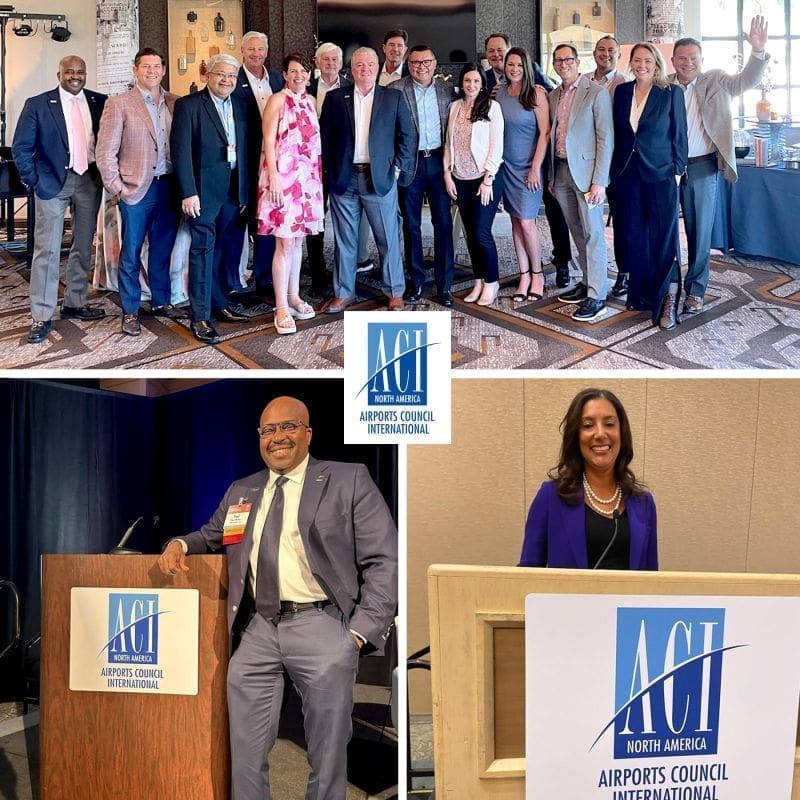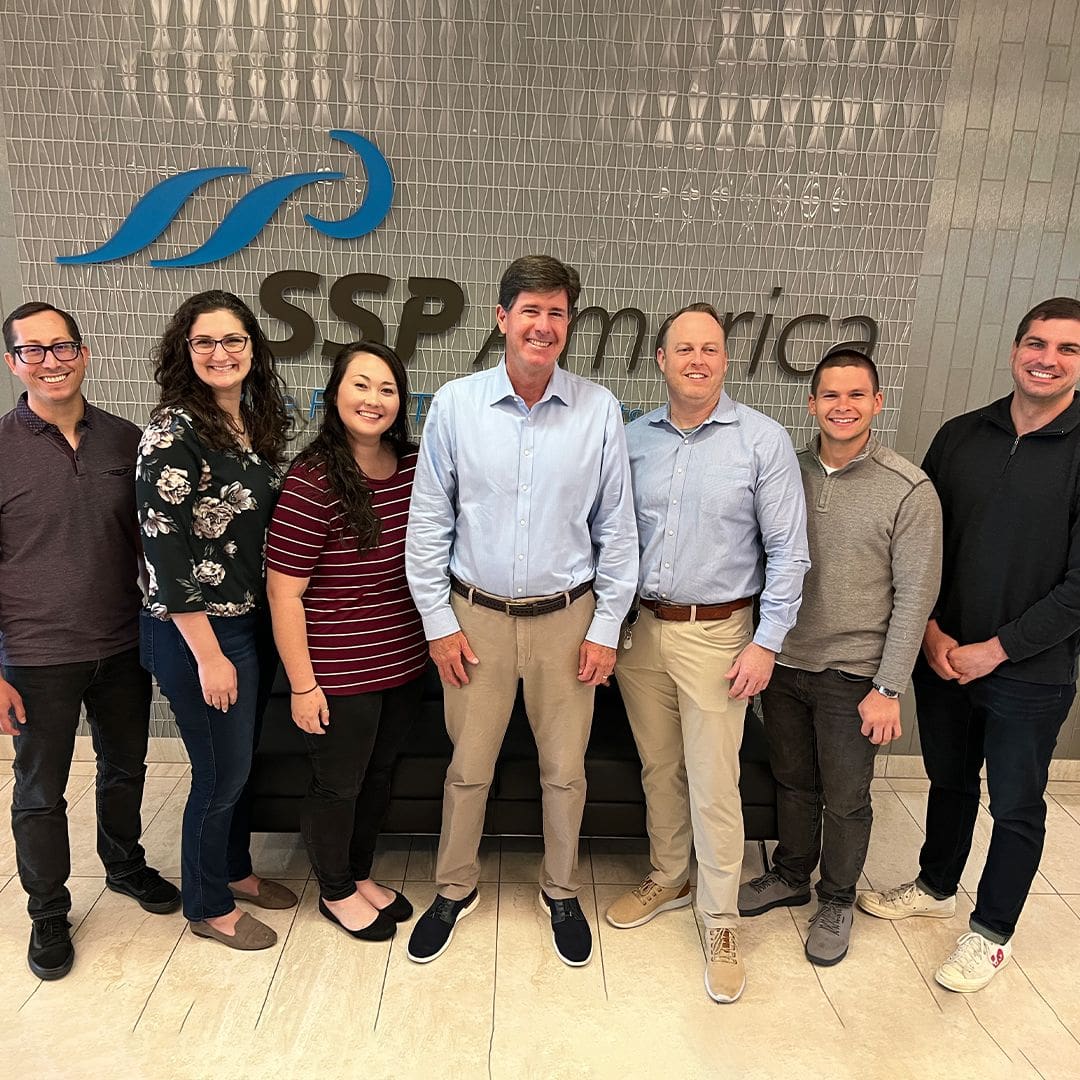Bringing a ‘Taste of Place’ to Airports
SSP America has carved out a unique niche as the aviation industry’s go-to gurus, renowned for bringing the region’s culinary scene—bringing a ‘taste of place’ to airports. We’re also working hard to create an inclusive culture of care that offers an environment where team members can thrive. We take care of our team. They take care of the customer.


Every Detail Counts
When you serve countless passengers daily, every detail counts. But with big-time culinary chops and a passion for delivering a memorable culinary moments, the SSP America team is bringing more than just good food, we’re bringing an authentic taste of place which lasts long after departure.
work with us
You Belong Here
Looking for more than just a job? Want to be part of a real team? Want to feel like you belong? Be part of something bigger—a place that feels like a community. Fill out an application today.


Let’s Grow Together
If you’re looking for a career of a lifetime with tons of opportunity for growth, great pay, benefits and variety, then you’ve come to the right place. So let’s grow together!


Unlimited Growth Potential—for the Company & You
We’re a fast-growing company filled with passionate team members who have set their sights on the horizon and exploring a future filled with opportunity. Ready to join us?


Insights from the Team



Katelyn Lyle
Assistant Restaurant General Manager
“I started as a baker and am now an assistant restaurant manager. It’s my passion to give customers greater service.”



Edwin Lainez
Restaurant General Manager
“In these last seven years I have felt welcomed, supported and have grown and progressed in my professional and personal life.”



Aisha Morales
Assistant Restaurant General Manager
“I came here for opportunity to build something new and I found SSP America started as a cashier and moved up. I’m a go getter and driven to grow.”
Insights from the Team
Culture
A Community of Food Travel Experts
Our restaurant and Support Center food team members don’t just come to work every day—they come to a community of food travel experts who care about one another and share a passion for serving passengers and build on our success as a company.
Sustainability
Passion for the People & Planet
We’re passionate about sustainability, environmental protection, and social responsibility. We’ve embedded this into our strategic priorities to play our part in building a sustainable future.
Our Locations
Unique Restaurants for Unique Airports
Because every country, state, province, city, town and community is unique, their respective airport is unique. SSP America operates across the Western Hemisphere—in airports of all capacities and cultures. We have the flexibility to scale our operations and personalize our intentions to fit each airport’s strategy and passenger base.


























